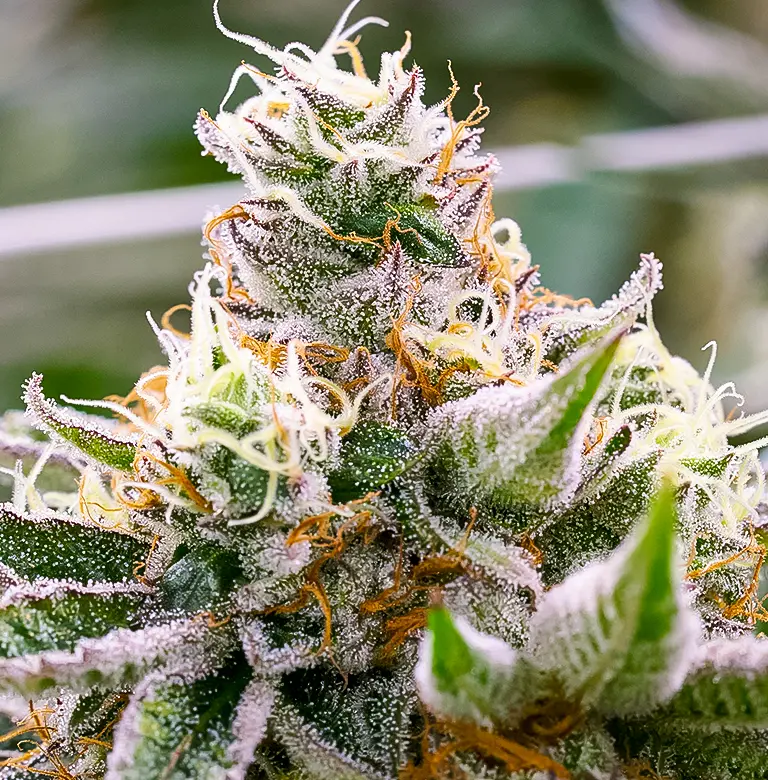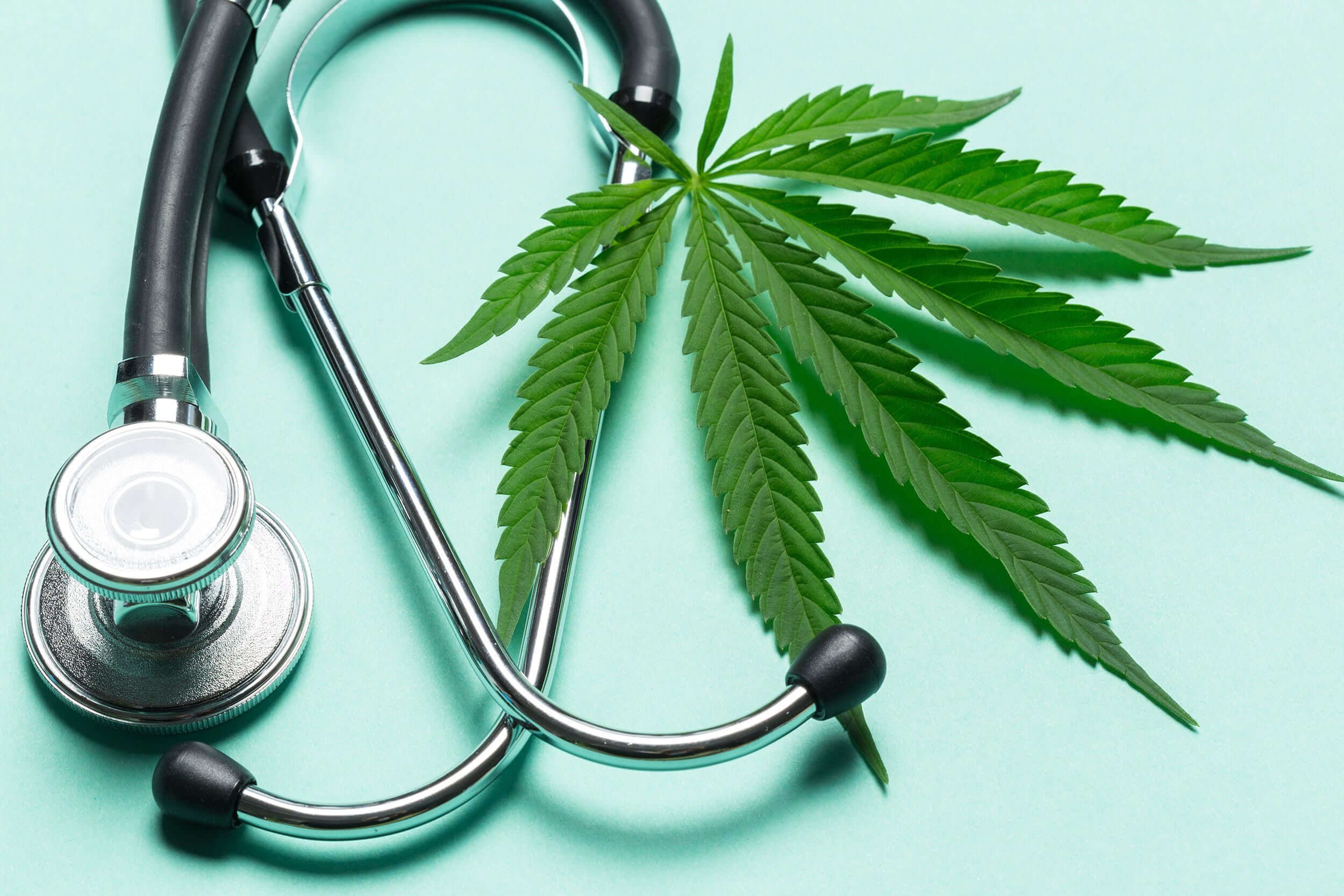Shedding Light on What Medical Cannabis Can Cure: an In-Depth Evaluation of Its Healing Properties
In current years, there has actually been a growing passion in the therapeutic potential of clinical marijuana. While unscientific proof is plentiful, a detailed exam of the scientific information concerning the effectiveness of medical marijuana in treating these conditions is warranted.
Persistent Discomfort Monitoring
Persistent discomfort administration continues to be an essential element of treatment, necessitating a comprehensive technique for effective therapy. Over the last few years, clinical cannabis has actually emerged as a potential healing alternative for individuals experiencing persistent discomfort problems. The endocannabinoid system, which plays a vital role hurting inflection, has been targeted by cannabis-based treatments to improve and ease signs quality of life for individuals.

Additionally, medical cannabis provides an encouraging option for patients who experience intolerable side effects from standard pain medicines. Its capability to address pain with a various device makes it a beneficial enhancement to the arsenal of therapies available for persistent pain management.
Epilepsy Treatment Prospective
Clinical cannabis has shown encouraging capacity in the therapy of epilepsy, providing a novel therapeutic method for managing seizures in people. Epilepsy is a neurological disorder characterized by recurring seizures, impacting individuals of all ages. Traditional treatments for epilepsy consist of antiepileptic medicines, but these medications might not be efficient for all individuals and can have significant adverse effects.
Study on making use of clinical cannabis for epilepsy has actually disclosed motivating outcomes. Cannabidiol (CBD), a non-psychoactive substance found in cannabis, has actually been specifically highlighted for its anticonvulsant properties. Researches have actually revealed that CBD can lower the regularity and extent of seizures in clients with treatment-resistant kinds of epilepsy, such as Dravet disorder and Lennox-Gastaut disorder.
Additionally, the FDA has actually accepted a CBD-based medication, Epidiolex, for the treatment of seizures connected with these serious types of epilepsy. This landmark emphasizes the expanding recognition of medical cannabis as a useful healing option for managing epilepsy and offers expect people who have not responded well to standard therapies.
Nausea Or Vomiting Alleviation Perks
The alleviation of nausea or vomiting through the usage of marijuana has actually been progressively acknowledged for its healing benefits in numerous medical conditions. Nausea or vomiting and throwing up are common signs and symptoms experienced by people undertaking radiation treatment, those with stomach problems, and people with chronic pain conditions. Clinical marijuana, with its active substances such as THC and CBD, has revealed assurance in providing alleviation from queasiness.

In addition, clinical marijuana provides a natural alternative for people that do not respond well to standard anti-nausea medications or who experience severe side results from these medicines. People undertaking radiation treatment, in specific, have reported significant improvements in their quality of life when making use of marijuana to handle queasiness. As research study in this location continues to grow, clinical cannabis is significantly being thought about as an important option for nausea or vomiting relief in various clinical settings.
Anxiousness Reduction Results
Research studies have actually demonstrated the potential of marijuana in decreasing anxiousness signs via its interaction with the endocannabinoid system. The endocannabinoid system plays an essential duty in managing emotions, consisting of anxiety, by keeping homeostasis in the body. Cannabinoids in cannabis, such as THC and CBD, engage with the endocannabinoid receptors in the brain, particularly the CB1 and CB2 receptors, to regulate anxiety-related reactions.

Clients with problems like generalized anxiousness problem (GAD), social anxiety condition, and trauma (PTSD) might gain from the anxiolytic residential or commercial properties of marijuana (Medical Marijuana Card Clinton MS). Nevertheless, further research study is required to identify optimum does, delivery techniques, and long-lasting results on stress and anxiety monitoring.
Potential for Inflammation Control
With its known anti-inflammatory properties, cannabis has shown promise in potentially managing inflammation within the body. Swelling is the body's natural action to injury or infection, yet when it becomes chronic, it can add to different conditions such as joint inflammation, inflammatory digestive tract condition, and even heart problem. Research study suggests that i was reading this the cannabinoids discovered in cannabis, such as THC and CBD, can aid lower and control the immune action swelling.
Research studies have actually shown that marijuana can connect with the endocannabinoid system, which plays a critical role in managing swelling. By targeting the cannabinoid receptors, marijuana compounds can modulate the immune response, bring about a reduction in inflammation levels. This makes marijuana a possible candidate for managing inflammatory problems where standard treatments have failed.
Moreover, cannabis-derived products like CBD oil have actually gained appeal for their anti-inflammatory homes, with lots of individuals utilizing them as a natural solution for conditions connected with inflammation. While even more research is needed to totally comprehend the devices behind cannabis's anti-inflammatory results, present searchings for show encouraging results for the possible use clinical marijuana in managing swelling.
Final Thought
To conclude, medical cannabis has actually shown appealing healing properties in handling persistent pain, dealing with epilepsy, alleviating nausea or vomiting, decreasing anxiousness, and managing swelling. Its possible benefits in numerous medical problems highlight the importance of additional study and exploration right into its medicinal use. The proof suggests that clinical marijuana might be a beneficial alternative therapy alternative for clients seeking relief from a series of conditions and signs.
In current years, clinical marijuana has actually arised as a possible therapeutic choice for individuals suffering from chronic pain problems.Clinical marijuana has actually revealed promising potential in the treatment of epilepsy, providing a novel restorative method for handling seizures in clients. As research in this area continues to grow, clinical marijuana is increasingly being thought about as a useful choice for queasiness relief in different medical settings.
In conclusion, medical marijuana has actually revealed promising therapeutic residential properties in taking care of persistent pain, treating epilepsy, alleviating queasiness, decreasing anxiety, and controlling swelling. The proof suggests that medical marijuana might be a useful alternative treatment alternative for patients seeking alleviation from a range of problems and signs and symptoms.